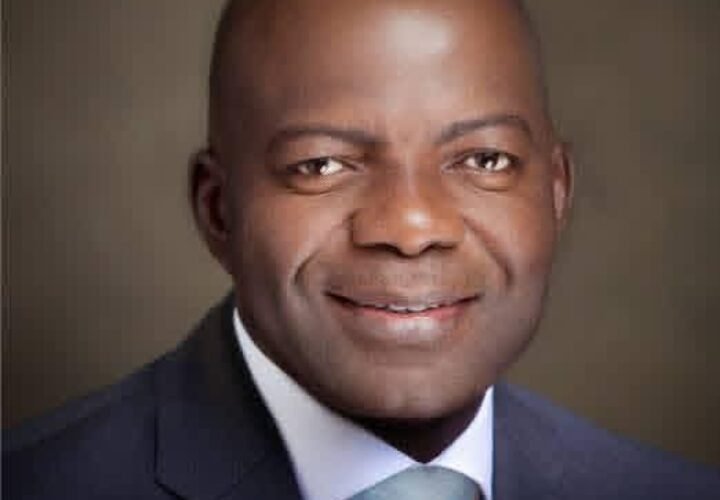Alex Otti and the New Grammar of Money: How Abia State Is Rewriting Skidelsky’s Political Economy
When Robert Skidelsky wrote Money and Government, he was lamenting a world that had forgotten the moral purpose of economics — a world that treated markets as gods and governments as beggars.
In faraway Abia, Governor Alex Otti seems to have taken that lament as a challenge.
From the shattered books of a debt-ridden treasury, Otti has begun scripting a new grammar of governance — one that reads like a live translation of Skidelsky’s theory into Nigerian reality. In this new narrative, money is not merely arithmetic; it is a social covenant.
The Return of the Active State
Since May 2023, Abia’s story has shifted from complaint to construction. The governor’s first budget, a bold ₦567.2 billion fiscal framework, broke with the timid caution of previous administrations. Seventy-one percent of that figure was powered by borrowing — an eyebrow-raising statistic to orthodox economists but a deliberate statement of intent to Skidelskian thinkers: spend to rebuild confidence.
Otti’s government has done just that — paying over ₦40 billion in salary and pension arrears, digitizing revenue collection, and cutting waste to the bone.
To a Keynesian, this is more than fiscal policy. It is moral economics: restoring liquidity to human hope.
The Numbers Behind the Narrative
Between January and June 2024, Abia generated ₦15.5 billion in Internally Generated Revenue — its best half-year performance in recent history. The state’s recurrent expenditure, once a black hole of bureaucratic excess, became one of the leanest in Nigeria’s first-quarter report.
At the same time, debt remains heavy: ₦191.2 billion as of December 2023. But Skidelsky would call that a “productive anxiety” — a necessary tension in any government that seeks to do more than survive.
Money as Confidence
In Skidelsky’s book, money is not simply a store of value; it is a store of trust. When salaries are paid on time — by the 28th of every month in Abia — the economy breathes easier. Market women in Umuahia reopen stalls, artisans in Aba retool machines, and the idea of government begins to regain meaning. That, in essence, is the Skidelskian state: one that spends not for show, but for stability.
From Keynes to Otti: A Nigerian Chapter
The resemblance is uncanny. Keynes saved Britain from the Great Depression with countercyclical spending; Otti seeks to save Abia from fiscal depression with the same principle.
Where others saw deficits as danger, both saw them as instruments — so long as they build real assets, not political monuments.
Yet the governor’s greatest risk lies in success itself. To sustain growth, Abia must convert fiscal enthusiasm into institutional discipline: stronger audits, smarter tax nets, transparent debt management. As Skidelsky warned, “Government must be strong, but not reckless.”
The Verdict
Abia is not yet an economic utopia. But something unmistakably new is in motion — an experiment in applied Keynesianism at the state level. For once, public finance in Nigeria is being discussed in moral, not just mathematical, terms.

Governor Alex Otti, the economist turned reformer, is not merely balancing books.
He is, in Skidelsky’s words, “redefining the relationship between money and meaning.”
And that, perhaps, is the real revolution.
AProf Chukwuemeka Ifegwu Eke







